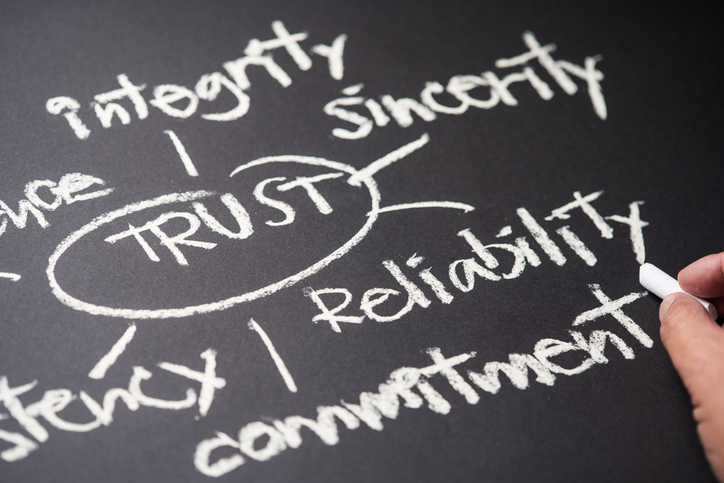Healthy teams don’t happen by accident. They result from intentional leadership, founded on awareness, empathy, accountability, and trust. This is the essence of Shepherd by Design. If you’re called to lead, then you’re called to shepherd. And shepherding doesn’t begin with others; it starts with you. You cannot build a healthy culture if you haven’t first done the internal work to lead yourself with integrity and purpose. Culture always starts with the leader.
A shepherd doesn’t lead from a distance; they lead from within. They walk among their team, not above it. They take the time to understand the people they lead—not just their roles and responsibilities but also their personalities, pressure points, strengths, and struggles. Building a cohesive, healthy team requires more than just strategy—it requires relationships. Trust is built in quiet spaces, through consistent presence, and in how leaders show up when things get hard.
Culture is not crafted in mission statements or printed values. It’s built in your daily tone—emotionally, behaviorally, and relationally. Are you the kind of leader who brings calm when stress is high? Do your people feel safe speaking up without fear of falling out? Do they believe you’ll own your mistakes and stand by them through theirs? These aren’t abstract traits—they’re trust builders. Leaders who respond instead of reacting, who model accountability without shame, and who create safety without sacrificing standards—these are the ones who earn loyalty, not demand it.
Every team includes those who are bruised and broken. Life doesn’t pause just because the mission needs to move forward. Leading people through difficulty requires strength that doesn’t shout—it listens. Shepherds don’t fix pain; they create space for people to heal without fear of losing their place. That presence—showing up without needing to solve—is where trust is most deeply formed. Because when people feel seen and supported even in their weakness, that’s when loyalty becomes real.
Then some resist help—the ones who appear hard but are often hurt. Leading them requires patience, not pressure. Trust can’t be forced, but it can be cultivated. Shepherds’ challenge without crushing. They offer feedback that refines, not shames. They confront behavior without demeaning identity. Trust isn’t built by controlling outcomes—it’s built by believing in people even when they don’t believe in themselves yet.
Accountability remains non-negotiable, but it’s never a weapon. It’s a mirror, not a hammer—held up with clarity, not condemnation. We don’t challenge others because we’re disappointed in them; we do it because we see their capabilities. And when that challenge is rooted in care, it doesn’t create fear—it deepens trust.
Shepherd by Design understands that leadership isn’t just about performance or outcomes. It’s about people. It’s about leading so that others feel seen, safe, and supported. Trust doesn’t come from perfection. It comes from presence—being consistent, accessible, and real. Your leadership will be remembered far less for how well you performed under pressure and far more for how you showed up when it mattered most.
So, ask yourself: Am I creating a culture of fear or a climate of trust? Do people follow because they have to or believe in what we’re building together? In the end, healthy teams are built by leaders who understand one simple truth: trust is not a byproduct—it’s the mission.

